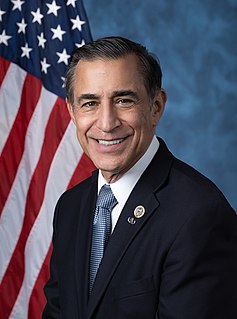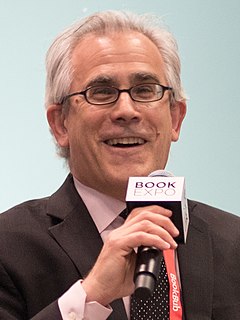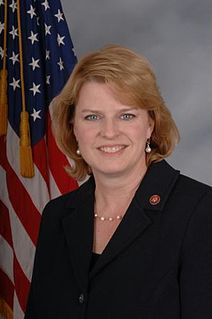A Quote by Darrell Issa
Every portal coming into this country is being attacked by those who would harvest information, both national security secrets and just the common information of private individuals and private individuals. That crime is going on, every day, on a single entity known as the Internet.
Related Quotes
The promise of the Internet-as-Alexandria is more than the rolling plenitude of information. It's the ability of individuals to choreograph that information in idiosyncratic ways, the hope that individuals might feel invited by the gravitational pull of a broad and open commons to 'rip, mix, and burn' - to curate.
If the courts regarded tweets and other social media information as private, it would not prevent the law enforcement from getting information it really needs. But the government would have to get a search warrant, which requires it to show that it has probable cause connecting what is being searched to a crime.
We in US need active intelligence: people being on the streets, people being able to stop and ask questions of individuals that they suspect to put it together. Why wouldn't we be wanting to get some information that could actually prevent a terrorist attack, especially since we have so many individuals fighting that have passports coming back and spreading jihad.
The Internet's abundance - of information, goods, tastes and sources of authority - creates unparalleled opportunities for individuals to get exactly what they want. But this plenitude threatens political and cultural authorities who believe in telling individuals what they can have rather than letting them choose for themselves.

































